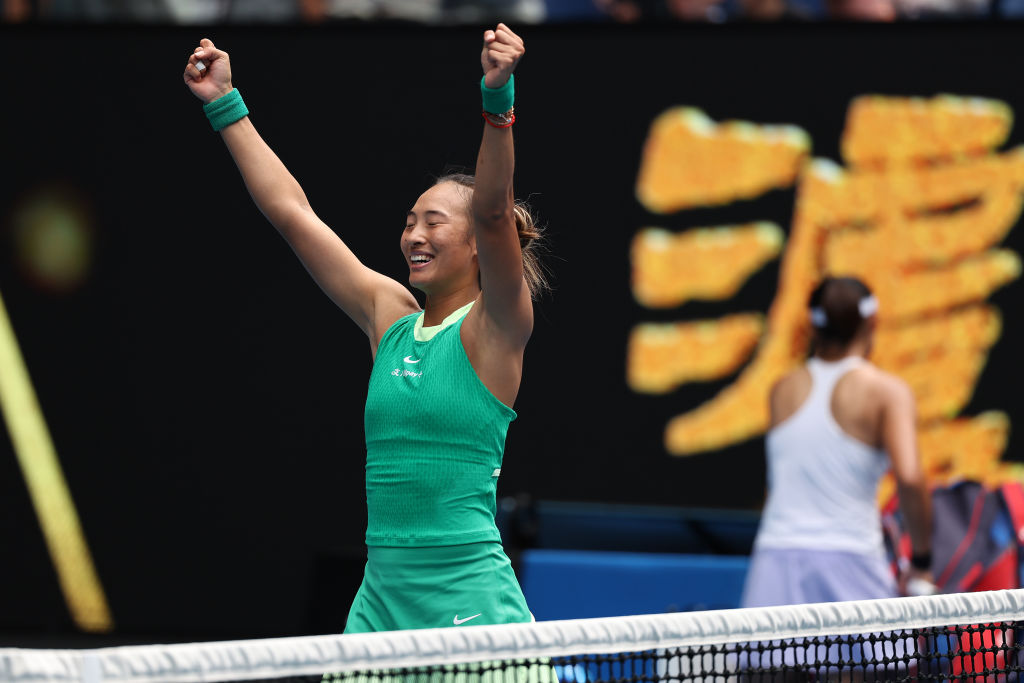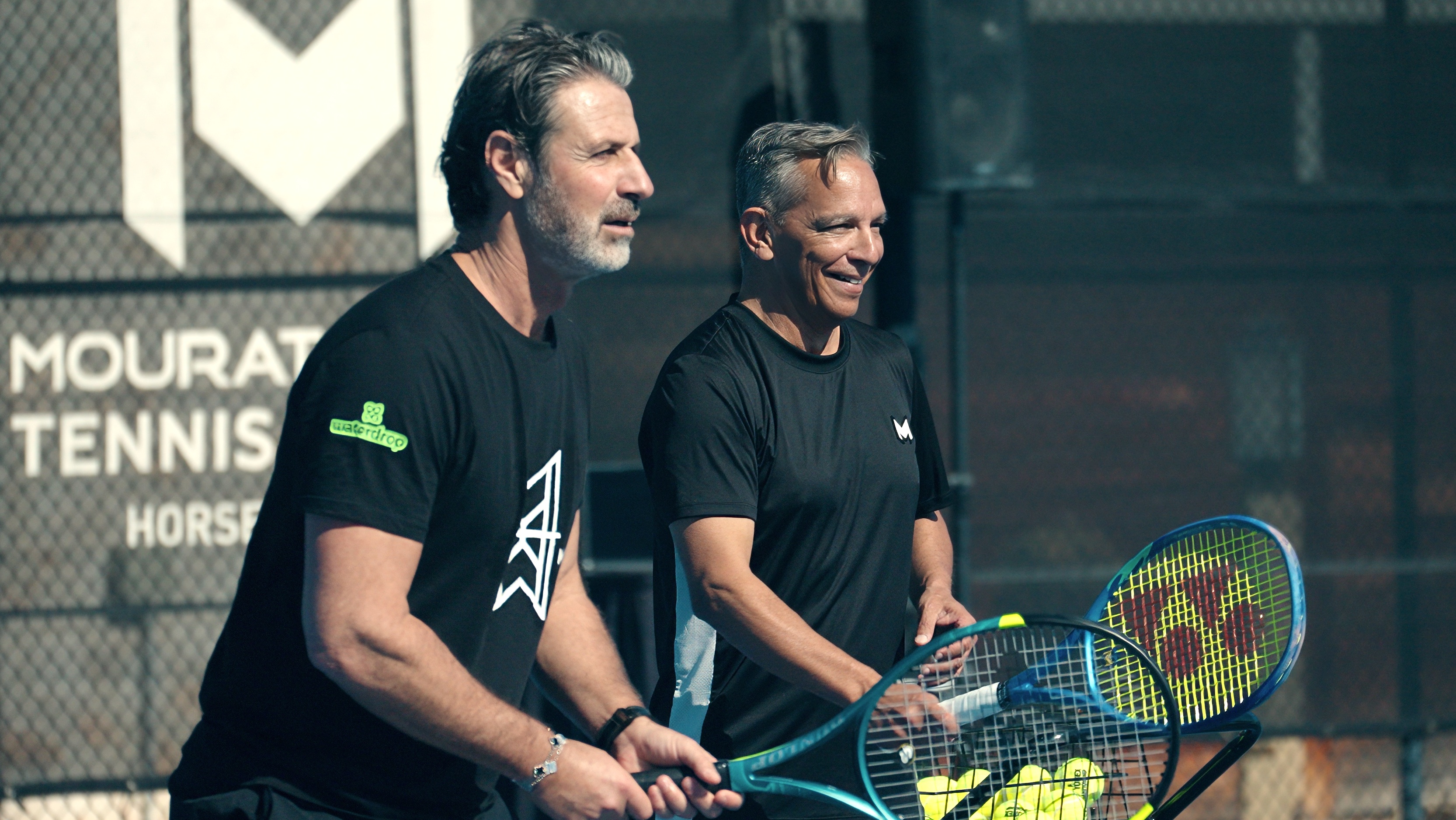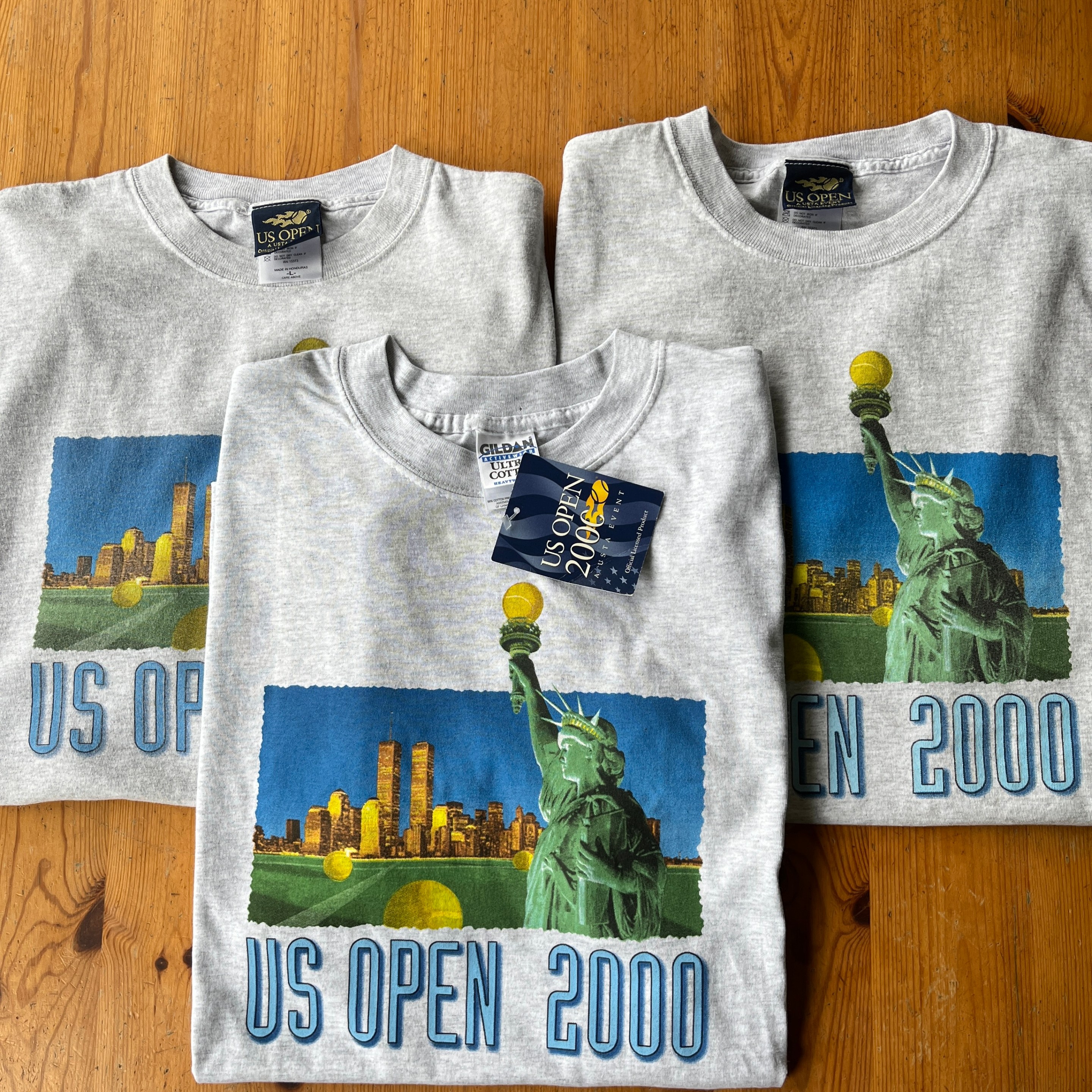As a Chinese Canadian who has returned dozens of times over the past 25 years, I see those half-full stadiums differently. They don’t reflect a lack of interest; they reflect a culture of work and time off that outsiders rarely see.
Since Li Na’s Grand Slam breakthroughs in 2011 and 2014, tennis infrastructure in China has exploded. The ITF’s 2024 Global Tennis Report ranked China third worldwide in total courts—behind the US and Japan—with more than 50,000 courts across the country. In Jingshan, Hubei, home province of Zheng Qinwen, 340 courts exist to serve a city of just 645,900 people. To put that in perspective, Boston—a city with a similar population and a deep tennis history—has about 135 public courts.
The appetite exists. The access exists. What doesn’t exist is the time.
Most Chinese workers receive only five paid vacation days a year. The government also designates two “Golden Weeks,” which bundle public holidays with mandatory “make-up” workdays, creating a paradox of time off. This year’s National Holiday Golden Week (October 1-7) included three public holidays, but the other four days were covered by a weekend and two shifted weekdays. The trade-off? Sunday, September 28, and Saturday, October 12, became mandatory workdays.
So when you saw Coco Gauff and Leylah Fernandez playing to a less-than-full stands on a Sunday this past weekend at the China Open, it wasn’t indifference —it was a workday. This gives a different meaning to the fans who did show up, having spent a precious day off just to be there.
The tour’s two biggest Chinese events—the China Open and Shanghai Masters —are strategically scheduled during this Golden Week to maximize attendance for travellers across the country. But the timing can backfire, as many locals in Beijing and Shanghai use this rare break to leave town altogether.
Corporate culture reinforces the problem. Many companies still evaluate employees by hours at their desks, tracked by swipe cards. The infamous “996” schedule (9 a.m. to 9 p.m., six days a week) remains a harsh reality for many. Even middle-class professionals hesitate to burn a vacation day on a tennis match, saving them for family obligations or the rare chance at a weeklong trip.
Business culture also plays a role. In the West, the corporate box is a theater for closing deals. In China, that theater is a grand private room with a single, massive round table, and the main event is a twelve-course meal, not a third-set tiebreak. Sports like badminton and ping pong are lightning-fast and demand full attention, leaving little room for networking. While this is slowly changing as tennis and golf gain ground in business hubs like Shenzhen (host city of the Billie Jean King Cup), the tradition holds firm.
The audience itself looks different than in the West. In Europe or the U.S., older fans form a dependable backbone of ticket sales. In China, that base is far smaller. Tennis only gained mainstream traction with Li Na and has surged since Zheng’s Olympic gold, making for a younger core fan base. The 30s and 40s demographic is stretched thin by long hours and parenting, while recent graduates enter the workforce with just five vacation days. For them, live tennis is a luxury.
Look beyond the stadiums, and the passion is undeniable. On social media platforms like Weibo and Xiaohongshu (RedNote), you’ll find a roaring community where the commentary is raw, obsessive, and deeply informed. The audience is there; it just doesn’t map neatly onto Western expectations. It’s a cultural unforced error to mistake their absence for apathy.
So, is tennis in China doomed? Not really. The issue isn’t local passion; it’s a broader scheduling problem. The infrastructure is there and the role models are inspiring a nation that didn’t grow up with the sport. The challenge is creating a calendar that considers the well-being of the athletes and respects the local audiences.
There’s no hiding the broader concerns many associate with China—its politics, human rights, and the Peng Shuai case, to name a few. But the passion for tennis should not be confused with the actions of its government. That passion is real.
Tennis at its best offers more than just a view of the match; it provides a window into different cultures, far beyond the follow-through. As the Madison Keys’ Kindness Wins foundation recently wrote, “It’s about different people from different walks of life all coming together because at the end of the day we want to try and build a kinder world.”
You just have to know where to look.
Alyx K. is the author of the Game Set Boba newsletter.






